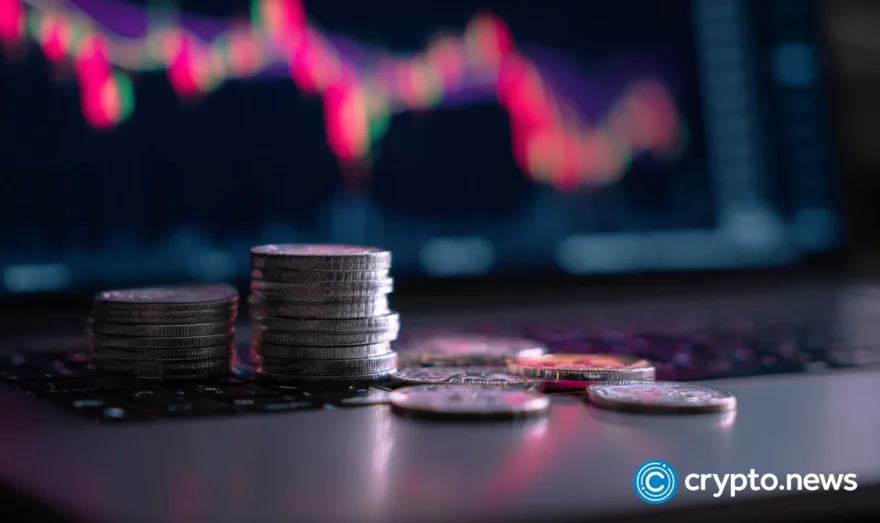Solana investors panic after FTX and Alameda Research fall

The fall of Sam Bankman-FTX Fried’s crypto exchange and Alameda Research trading firm is causing unrest in Solana’s SOL market. Some venture capitalists appear to be so concerned that they’re demanding tokens they’d “staked,” or accumulated in the blockchain’s innate security protocol.
SOL prices continue to surge under association with FTX
SOL, the endemic token of the Solana network, has seen a significant price drop and poor bullish momentum in the course of the week. Numerous times, liquidity concerns at FTX and the exchange’s denied sale to Binance were mentioned as potential explanations.
In a 2021 private Initial Coin Offering, Solana raised close to $300 million from various private investment organizations, including Alameda Research (ICO). Alameda effectively received a stake in a segment of SOL in exchange for their participation in the financing round. Contrary to what was believed then, Alameda was primarily a trading firm for the FTX exchange.
There were rumors that the exchange was disposing of assets, such as SOL, to strengthen its native coin, FTT. This was due to the recent disclosure of liquidity issues that it had. According to reports, Almeda had SOL tokens that were both locked and unlocked and were worth billions of dollars. These gave the alleged ditching more credibility, and neither party has refuted or confirmed this conspiracy theory.
FTX and Solana had established a multitude of investment alliances outside of the interest of the company. In early 2022, FTX partnered with CoinShares to launch a Solana-related ETP supported by physical tokens and shared its returns with investors. According to reports, Sam Bankman Fried provided the initial funding of one million SOL.
Investment partnerships with Solana and FTX
Some rather cooperation and investment vehicles are not infrequent; however, the failure of FTX or Alameda may have many further repercussions for Solana. Furthermore, all SOL linked to FTX and Alameda could be attempting to sell due to insolvency or ambiguity.
In addition, there were no investors on FTX’s board of directors, which consisted of Mr. Bankman-Fried, an FTX employee, and a lawyer.A stakeholder advisory board had no operational control over the company. The firm did not disclose its relationship with Alameda Research, Mr. Bankman-separate Fried’s crypto trading operation, to stockholders.
Changpeng Zhao (CZ), CEO of Binance, confirmed Fried’s comment, implying that FTX could be sold to Binance in the long term because Binance consented to provide liquidity. Binance, the largest global crypto exchange, running its sequence and native coins, might have an admit in the Solana society tangentially.
Furthermore, Bybit, a cryptocurrency derivatives exchange headquartered in Singapore, announced in a tweet that it had de-listed SOL3L/USDT and SOL3S/USDT leveraged tokens pairs on NOV10,2022. The derivative said it had successfully distributed USDT to users’ accounts.
The actions made by Bybit seem condescending to the Solana blockchain and users who had staked SOL. Most users believe it is a cause of the association with FTX that Bybit decided to delist Solana.
Bybit said:
“Risk warning: Leveraged tokens are more suitable for short-term investments and can obtain higher returns when market fluctuations occur. If you hold leveraged tokens for a long time and during a lack of market momentum, the value of the token will be affected by the daily holding cost of the token itself and depreciate. Note that leveraged tokens are not the same as leveraged trading, and their price performance is inconsistent.”
















